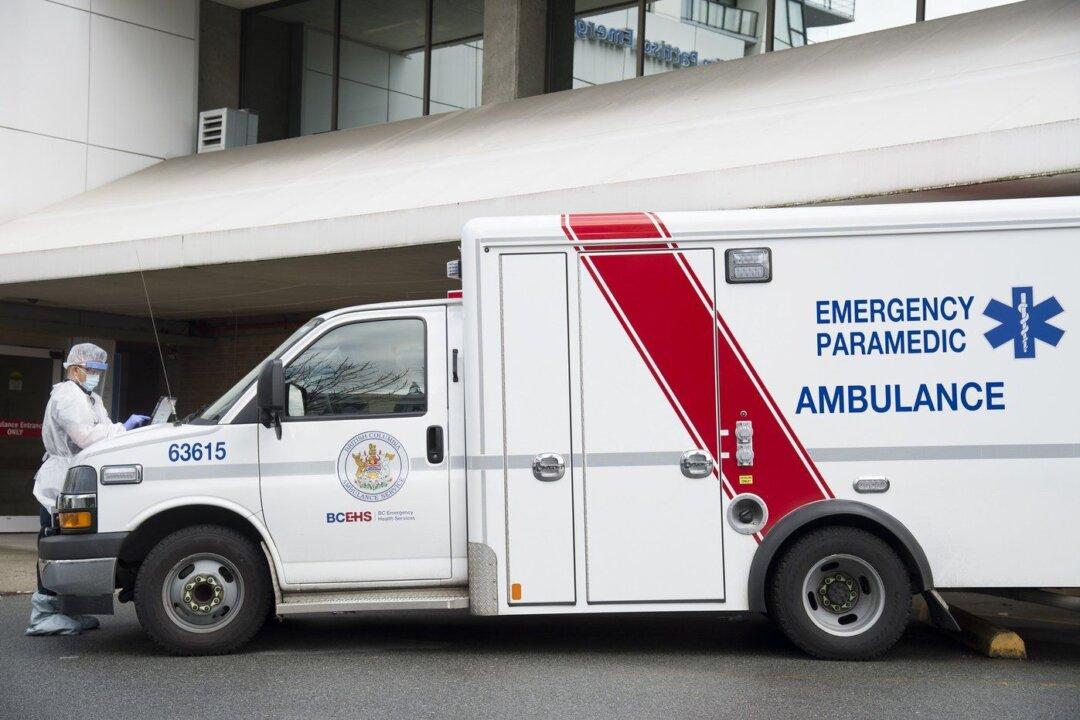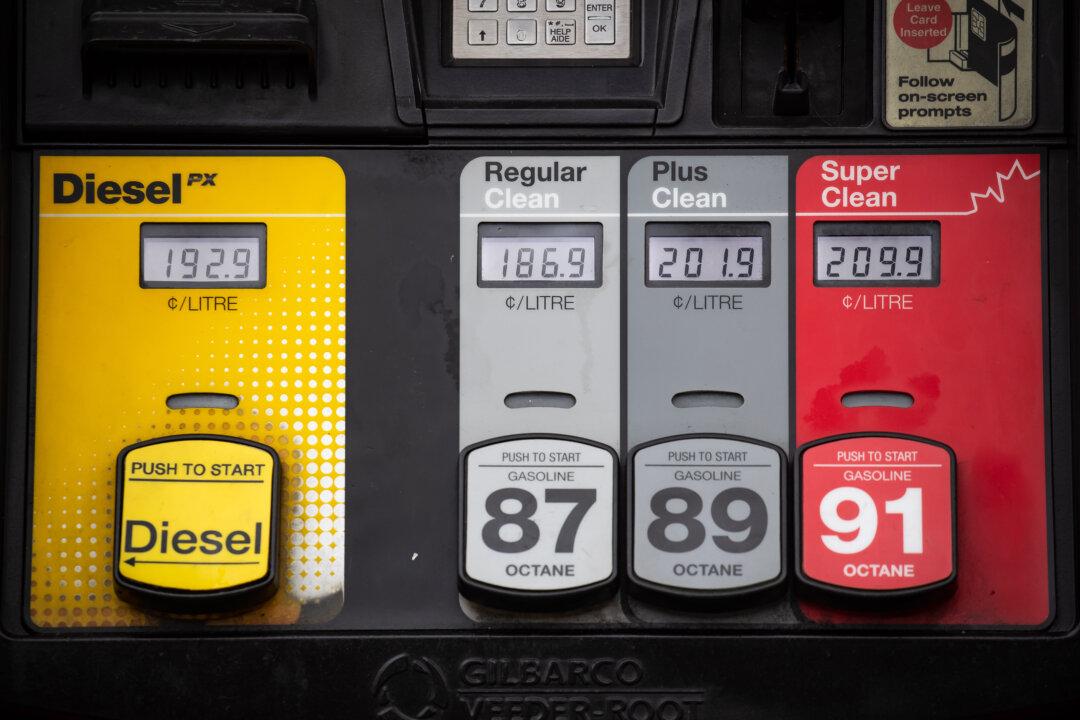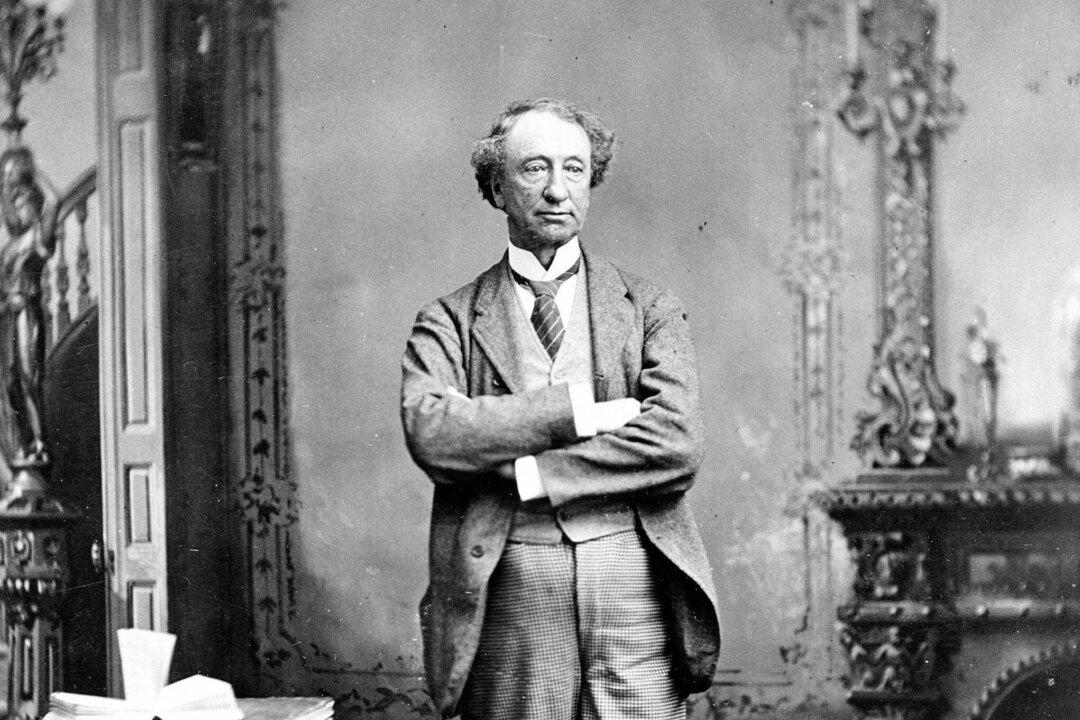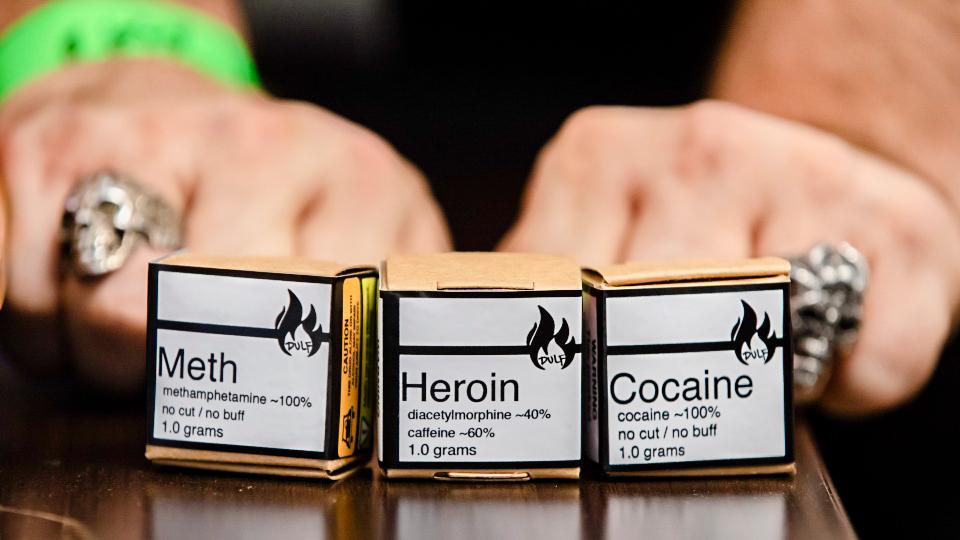British Columbia is planning to designate spaces for illicit drug use at hospitals in response to concerns from unions and opposition politicians about patient consumption of illegal drugs and nurses being exposed to drug-related risks.
The province will convene a task force to standardize provincial policies across health authorities, Health Minister Adrian Dix said at a press conference this week.





